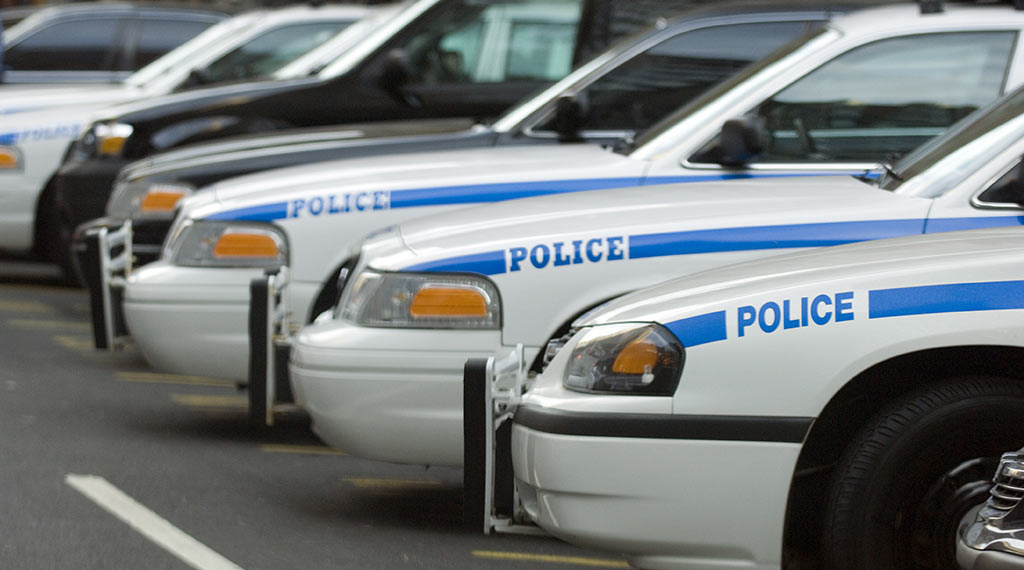Partisan push for domestic terrorism office targets local cops

After the horrific mass murders in Uvalde, Texas and Buffalo, New York, Senate Democrats took an opportunity to try and ram through new biased counterterrorism legislation which treats law enforcement and the military as infiltrated by “extremists” and seeks to limit counterterrorism training. The legislation was blocked after Republican senators held firm with Republican Senator Rand Paul calling the bill an “insult” to law enforcement.
“It would be the Democrat plan to name our police as white supremacists and neo-Nazis. I met policemen throughout Kentucky and I’ve not met one policeman motivated or consumed with any kind of racial rage,” Paul said, according to The Hill.
The Domestic Terrorism Prevention Act, sponsored by Senator Dick Durbin (D-Il), is the latest iteration of legislation which has been on the Democrats’ wish list since early 2020. The bill would create a joint “Domestic Terrorism Executive Committee” and would create special Domestic Terrorism offices within DHS and DOJ and the FBI.
The legislation goes further, putting its thumb on the scales and directing these new offices to focus their attentions only on “white supremacist” terrorism by mandating extensive reporting requirements exclusively focused on that threat. This reporting would then be used to justify focusing domestic terrorism and law enforcement counterterrorism training solely on “white supremacist extremism.” Democrats previously shot down attempts by Republicans to include a broader range of potential terror threats within the language of the legislation.
Efforts by politicians to direct law enforcement to investigate only certain types of terror threats can have a severely deleterious effect on intelligence gathering and terrorism prevention. In 2019, the FBI faced substantial pressure from congressional Democrats to eliminate the use of the analytical category “Black Identity Extremism.” The same year the FBI reportedly investigated but cleared Frank James, who went on to conduct the NYC subway mass shooting that injured 10 people. James’ social media was replete with references to black identity extremist ideology.
Two decades after 9/11, it is readily apparent that a top-heavy, politicized federal bureaucracy approach to counterterrorism isn’t working.
Bureaucrats in Washington D.C. shouldn’t presume to tell police scattered around the country what the greatest terrorism threat is for their specific area of operations. Rather they should listen seriously to local law enforcement’s local knowledge and follow their lead.
A federal office of domestic terrorism should not tell local law enforcement officers what kinds of training they can receive, or which threats are most relevant to investigate. Federal agencies cannot continue to demand maximum cooperation from local agencies, hoovering up hard-earned information, only to be ever more secretive and unwilling to share information with those same departments, whom they are being told by politicians to treat as “infiltrated” by extremists.
- Anarchists call for solidifying gains, expanding violent insurgency - February 5, 2026
- Shideler: Resistance to Immigration Enforcement Is Fierce in Minnesota - February 2, 2026
- The Revolution Is On in Minnesota - January 26, 2026
